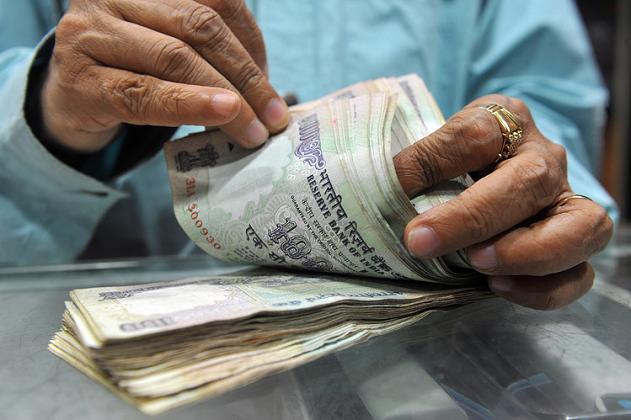Pension Schemes For Private Employees: About 23 lakh employees of the Central Government will get the benefit of Unified Pension Scheme (UPS). But there are many pension schemes for private employees as well, in which employees can get more pension than their last salary by making continuous contribution. Let’s know how.
The central government has recently approved the Unified Pension Scheme i.e. UPS. About 23 lakh employees of the central government will get its benefit. If the state government employees are included, then this number reaches about 90 lakhs. Under UPS, the government is guaranteeing pension to the employees in which after working for 25 years, 50 percent of the basic salary will be given as pension. The pension amount will be 50 percent of the average basic salary of the last 12 months. At the same time, employees who have worked for at least 10 years will also be entitled to a monthly pension of Rs 10,000. After the death of the pensioner employee, 60% of his pension will be given to his family.
But now the question arises that there are about 5 crore private employees in the country. Does the government not care about their pension related needs? Is there any such scheme of the government for private employees which can become a support for their old age? Is the government running any guaranteed pension scheme for such employees? So the answer is yes. The government also has many such schemes for private employees in the country, in which by making continuous contribution, private employees can get more pension than their last salary. Let’s know how.
Also Read- EPS-95: Will private job retirees get a pension of Rs 7500? The government is seriously considering it
Private employees can invest in EPS for pension.
Pension facility is available for private job holders under Employees Provident Fund Organization (EPFO). PF account holders are given the benefit of pension under EPS-95. According to EPFO rules, any employee becomes eligible to get pension after working for 10 years. This scheme guarantees pension benefits to eligible employees who reach the age of 58 years.
This is how you can contribute to PF from your salary
A major portion of the salary of people working in the private sector is deducted as PF, which is deposited every month in the PF account of the employee. If you work in a private job for 10 years, you become eligible for pension. According to the rules, 12% of the employee’s basic salary + DA is deposited in the PF account every month. Out of which, the entire share of the employee goes to EPF, while 8.33% of the employer’s share goes to the Employees’ Pension Scheme (EPS) and 3.67% goes towards EPF contribution every month.
Private employees can get more pension than salary
According to Economic Times, if you are starting a job in the private sector and your basic salary is Rs 14,000 and you get a salary hike of 10% annually, then you can get a monthly pension of Rs 2.9 lakh by making regular contributions to schemes like National Pension Scheme (NPS) and Employees Provident Fund (EPS). This amount will be more than the last basic salary (Rs 2.44 lakh) after 30 years of service.


